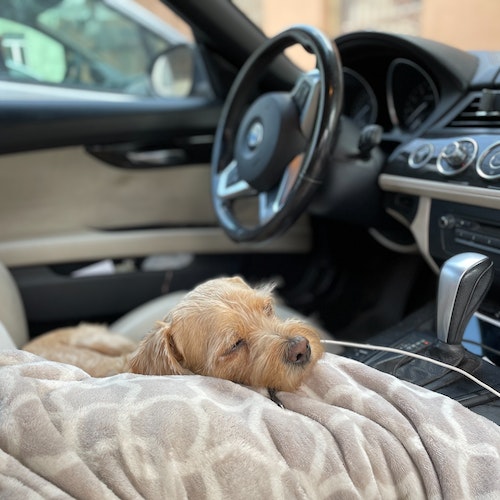Can you sleep in the car after being intoxicated or after taking drugs? All you want to do is “sleep it off”!
Transport Operations (Road Use Management) Act 1995 (TORUM Act)
Section 79
(1) Any person who, while under the influence of liquor or a
drug—
(a) drives a motor vehicle, tram, train or vessel; or
(b) attempts to put in motion a motor vehicle, tram, train or vessel; or
(c) is in charge of a motor vehicle, tram, train or vessel;
is guilty of an offence and liable to a penalty not exceeding 28
penalty units or to imprisonment for a term not exceeding 9
months.
In Brooks v Spasovski [2004] QDC 471, defendant consumed alcohol and was substantially intoxicated. He requested his family to rescue him and while waiting for them he decided to wait in his car and he fell asleep. Magistrate found him not guilty because he had no intention to drive but it was overturned at District Court.
McGill DCJ States,
“In the present case, the respondent had been in charge of the vehicle, and had not returned charge of it to the owner, or handed it over to any other person. He was physically present at the vehicle, with the keys, and occupying the driver’s seat, so that he was apparently exercising physical control over the vehicle. That he had no intention of driving it is in my opinion on the authorities irrelevant. What matters is that he was in a position to drive the vehicle if he chose to do so without first taking charge of it from some other person. On the facts found by the magistrate, the respondent was at the relevant time in charge of this vehicle.
I have some sympathy with the view of the learned magistrate, which is consistent with the approach adopted by the Australian Law Reform Commission in 1976. The approach adopted by the Full Court in Kunze gives a very wide scope of operation to this provision, which is not adequately mitigated by the limited defence in s 79(6). The legislature has imposed penalties, including in some cases automatic penalties, which are the same as those for driving a vehicle, notwithstanding that it has been recognised that this is a less serious offence. In my opinion sleeping it off in a car involves a good deal less criminality than actually driving the vehicle in a public street in an intoxicated state. Yet the penalty regime which has been imposed does not take account of this distinction. That is regrettable.”
His honor considered number historical cases and it appears that, to establish a defense, defendant need to prove that the key was not in his or her possession. Sleeping in back seat or in passenger seat may not be sufficient because it could be argued that as defendant had the key, she or he could decide to drive any time. It has to be established that “the defendant can not drive even if she or he wished”, to defend a charge of “in charge of” vehicle.
So, while under influence of drug or intoxicated and it best not to sleep it off in the car, if that is not possible, it maybe good idea not to use driver seat or front seats at all and must keep the keys in glove box. Still may not be enough to defend DUI charges.
There are other defenses according 79(6) of TORUM Act in relation to “In Charge of Vehicle”, those are in summery –
Defendant Must
- Not be in driver seat or not inside the car, AND
- Not have high alcohol level, AND
- Not under influence in such extent as to incapable of forming an intention to not drive, AND
- Parked the vehicle where it will not endanger others, AND
- Have not been convicted for similar offense in past 1 year
If you need legal advice regarding DUI, please contact the best criminal defence lawyer in Brisbane. Remember, experience makes a huge difference.









